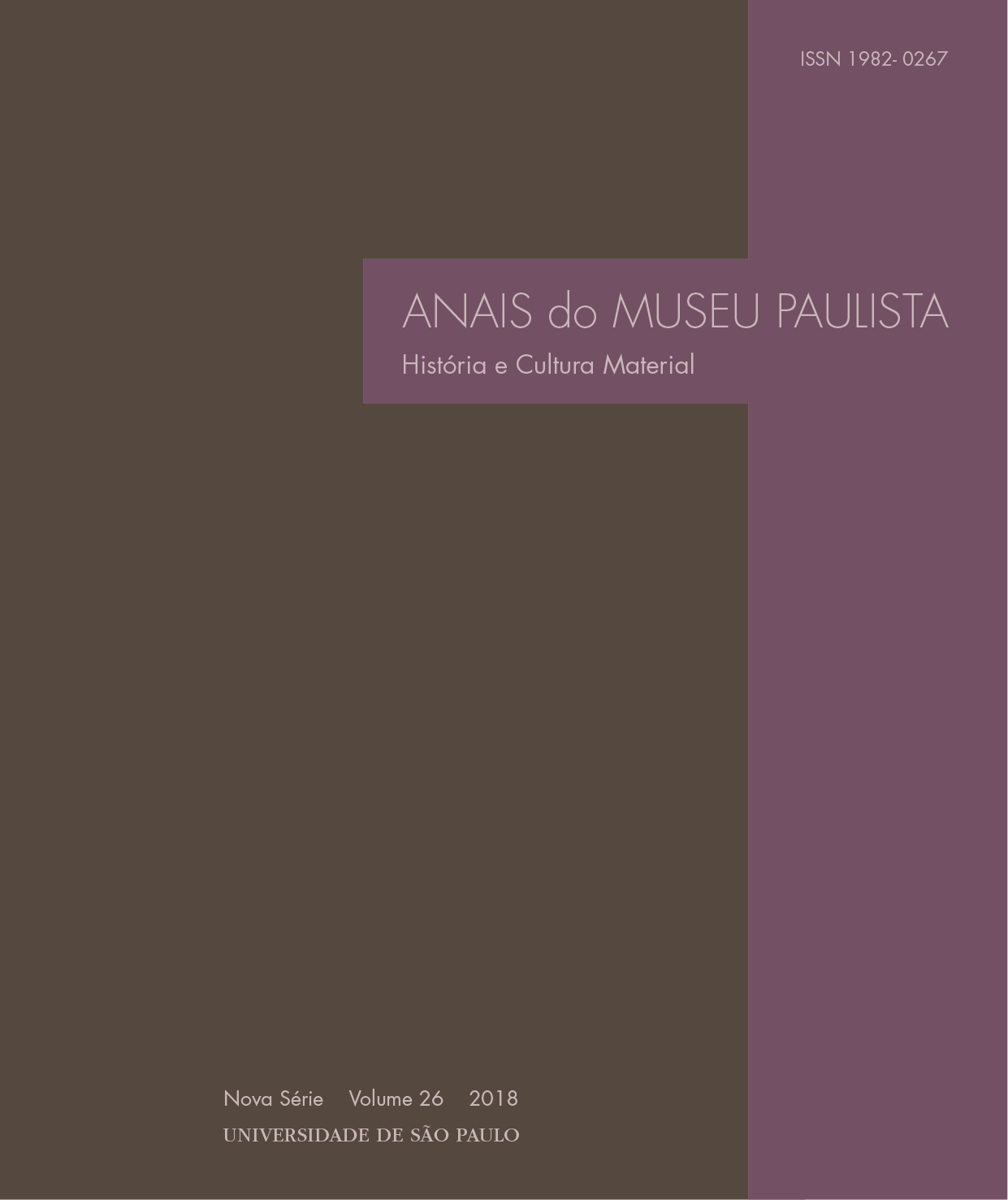Construction of the museal space:
science, education and sociality in the genesis of the Goeldi Museum’s Zoobotanical Park (1895-1914)
DOI:
https://doi.org/10.1590/1982-02672018v26e15Keywords:
Living collection, Botanic Garden, Museums of nature, MusealizationAbstract
The article analyses the construction of the Zoobotanical Park of the Museu Paraense Emilio Goeldi during the administration of its idealizers, Emilio Goeldi (1895-1907) and Jacques Huber (1907-1914). Although the park is now an organic area and spreads across a whole block in the center of Belem (PA), Brazil, it was conceived as two distinct annexes of the museum, the zoo and the botanical garden, each located on opposite sides of the institution’s main building. These annexes were created from the expropriation, transformation, and resignification of lands, buildings and vegetables that already existed in the place. Having as starting points the concept of museality and the issues underlying the creation and functioning of museums, the text is developed in four narratives – communicational and educational, scientific, leisure and sociality, domestic –, which we understand as matrices that shaped and organized the museal space. These narratives allowed us to study the genesis of institutional identity, which, in its essence, is perpetuated to the present day.
Downloads
Downloads
Published
Issue
Section
License
Autores que publicam nesta revista concordam com os seguintes termos:
- Autores mantém os direitos autorais e concedem à revista o direito de primeira publicação, com o trabalho simultaneamente licenciado sob a Licença Creative Commons Attribution que permite o compartilhamento do trabalho com reconhecimento da autoria e publicação inicial nesta revista.
- Autores têm autorização para assumir contratos adicionais separadamente, para distribuição não-exclusiva da versão do trabalho publicada nesta revista (ex.: publicar em repositório institucional ou como capítulo de livro), com reconhecimento de autoria e publicação inicial nesta revista.
- Autores têm permissão e são estimulados a publicar e distribuir seu trabalho online (ex.: em repositórios institucionais ou na sua página pessoal) a qualquer ponto antes ou durante o processo editorial, já que isso pode gerar alterações produtivas, bem como aumentar o impacto e a citação do trabalho publicado (Veja O Efeito do Acesso Livre).



